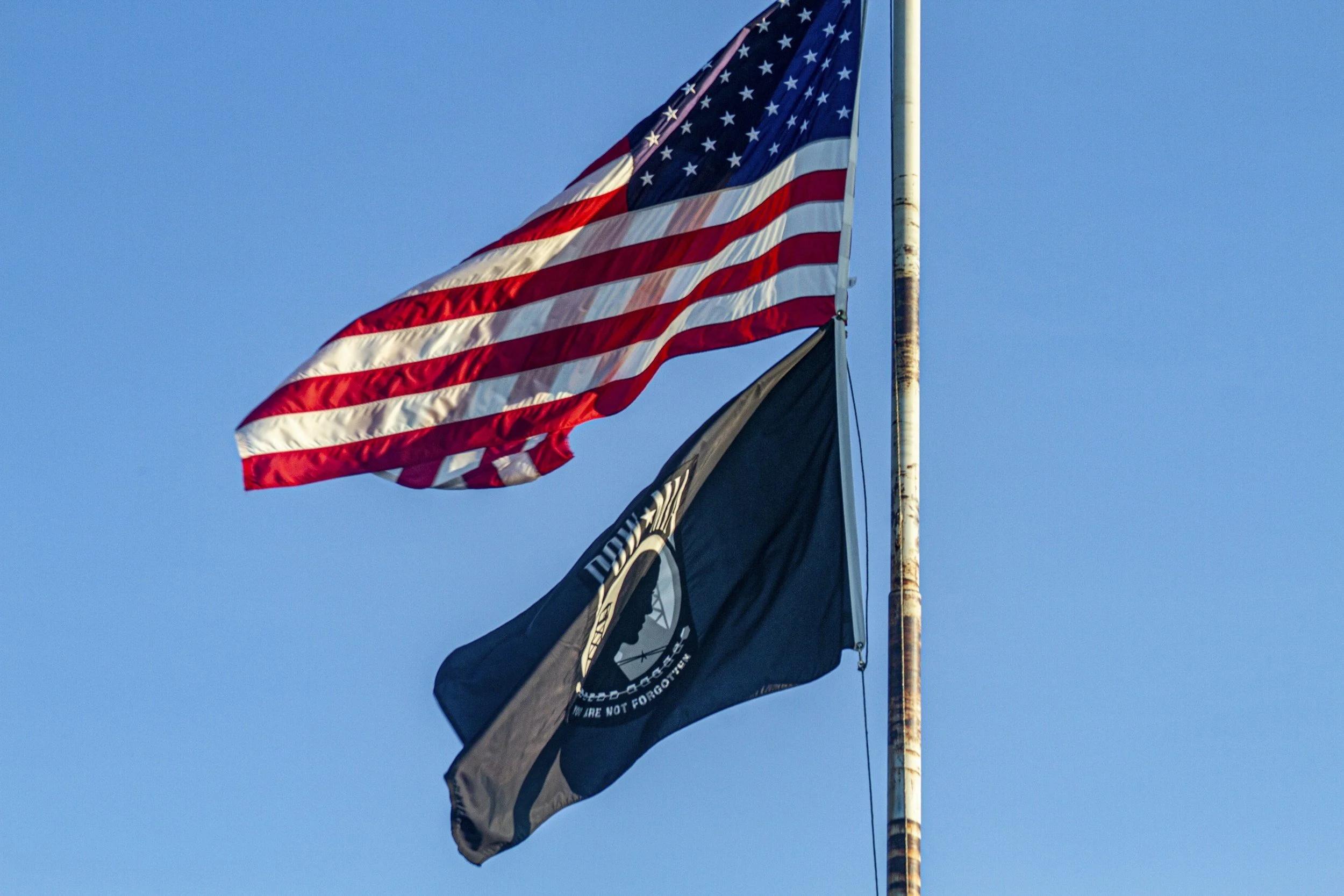Former Prisoners of War (POW)
It has been recognized that those who became POWs were exposed to conditions that make them more susceptible to developing certain disabilities later in life.
Diseases
The Veteran may develop any of these diseases at any point before their death AND the severity of the condition must have been at least 10% at some point.
Hypertensive vascular disease (Hypertension);
Myocardial infarction (Heart attack);
Organic residuals of frostbite, if it is determined that the veteran was interned in climatic conditions consistent with the occurrence of frostbite;
IF the Veteran has Post-traumatic stress disorder (PTSD);
Stroke and its complications
Diseases with Additional Requirements
Those who were a POW for at least 30 days may develop any of these additional diseases at any point before their death AND the severity of the condition must have been at least 10% at some point.
Beriberi (including Beriberi heart disease);
Malnutrition (including Optic atrophy associated with malnutrition);
Peripheral neuropathy (except where directly related to infectious causes); and
Frequently Asked Questions
-
Sometimes the VBA makes a mistake or they are missing evidence that would indicate you are an eligible Veteran with a diagnosed condition. If this happens, it is strongly recommended that you seek out the assistance of a VSO to help you file an Appeal.
Additionally,
If there is documentation that during service the Veteran's exposure was due to their own willful misconduct or that after the Veteran's separation there was a supervening condition or event that was more than likely the etiology of the disease, the Veteran may be denied service-connection.
References
38 CFR § 1.18 Guidelines for establishing presumptions of service connection for former prisoners of war
38 CFR § 3.309 - Disease subject to presumptive service connection
M21-1, Part VIII, Subpart iv, Chapter 2, Section A - Former Prisoner of War (FPOW) Status
M21-1, Part VIII, Subpart iv, Chapter 2, Section B - Former Prisoner of War (FPOW) Service Records
